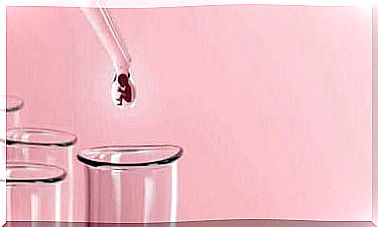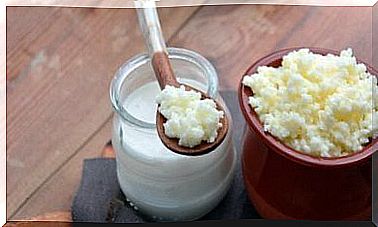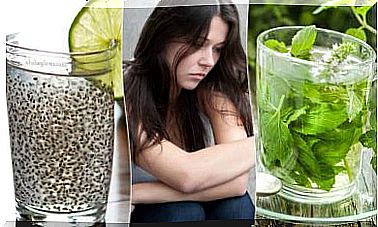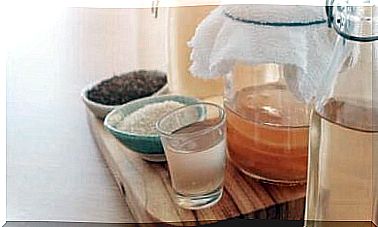Water-soluble Vitamins – Do You Know Which They Are?

Unlike some minerals, water-soluble vitamins work in small doses. In addition, our body is unable to produce them on its own. That is why it is so important to include them in our daily diet.
The main functions of vitamins include the activation of food oxidation, metabolic reactions, and the use and release of energy provided by food. It’s important to understand the importance of these organic nutrients, soluble vitamins .
They are important for the full state of vitality of human cells and the health of the body. That is why it is so important to eat balanced meals and include vitamins in your daily diet.
Soluble vitamins – which ones do we know?
Certain vitamins are part of these nascent compounds. Therefore, they are essential for the proper functioning of the body. Among the 13 different vitamins known today, we can distinguish two groups:
- Water-soluble vitamins : They dissolve in water and cannot be produced or stored by the body. For this reason, it is necessary to consume them daily and in a controlled manner. Excess is eliminated through sweat and urine.
- Fat-Soluble Vitamins : Obviously, they are fat-soluble. They are stored in the fatty tissues of the body and liver. Eating these vitamins in excess can be harmful to your health.
Therefore, be careful when taking vitamin supplements and always check with your doctor or pharmacist at the beginning.
Let’s consider in more detail those belonging to the first group of the vitamins described.
Water-soluble vitamins – the most important information
As already mentioned, these vitamins dissolve in water and do not accumulate in our body. Among them, we distinguish those described later in the article.
Vitamin B1 called thiamine
It is found in nuts, whole grains, legumes, brewer’s yeast, and wheat. The main function of this vitamin is to release the energy contained in carbohydrates.
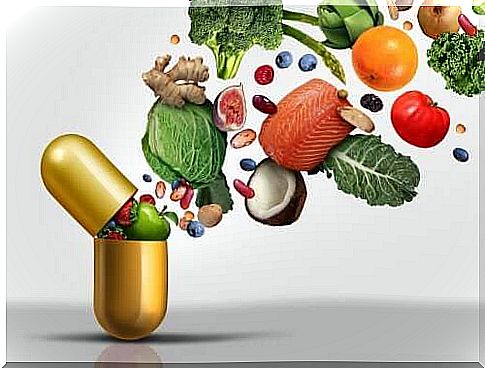
Its deficit may result in certain ailments:
- A severe drop in blood glucose or hypoglycaemia.
- Fatigue and irritability.
- Muscle weakness.
- Lack of concentration.
Vitamin B2 or riboflavin
It acts as a catalyst for the oxidation of fats, proteins and carbohydrates. Milk, liver, beans, lentils, cheese and nuts are rich sources of this vitamin. Offal contains large amounts of it. Of all the products of plant origin, we find it most often in broccoli and spinach.
Riboflavin deficiency can lead to oropharyngitis. In addition, other ailments may occur:
- Eyesight disturbance.
- Cracked lips.
- In women – itching at the vaginal opening
Insufficient vitamin B2 intake can cause many enzyme disorders.
It supports our immune system and the platelet formation process. Moreover, it is responsible for the growth, development and regeneration of hair, skin and nails.
Vitamin B3, niacin or so-called nicotinic acid
It is worth mentioning the disease caused by vitamin B3 deficiency: it is pellagra. It is a disease characterized by spots on the skin, digestive disorders and nervous ailments.
Interestingly, it is a kind of exception. It can be, unlike other B vitamins, produced in our body from the basic amino acid, which is tryptophan.
Water-soluble vitamins and vitamin B5
It is also involved in the metabolism of fats, proteins and carbohydrates. It can be found quite commonly, in animal and plant products, as well as in yeast. First of all, it is responsible for lowering blood cholesterol and the synthesis of steroid hormones.
A deficiency of this water-soluble vitamin can lead to a weakening of the body’s natural defenses, which would encourage the development of infection.
Vitamin B6, also called pyridoxine
Water-soluble vitamins are essential for the proper functioning of the body. This is also the case here. It is essential in the production of hemoglobin and is of great importance in maintaining adequate blood pressure. Its presence also increases the body’s resistance.
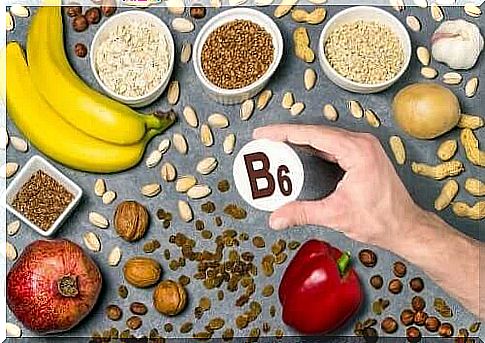
Interestingly, the need for vitamin increases with the consumption of protein-rich foods.
Vitamin B12
In the nineteenth century, mankind faced deadly pernicious anemia. It was then understood that giving patients animal liver, almost half a kilo a day, reduced the symptoms and often even led to the cure of the sick. A link has been found for this with vitamin B12.
- Vitamin B12 is involved in the production of red blood cells and prevents anemia.
- It is essential for the proper functioning of our brain, spinal cord and nerves.
- He also takes part in creating the so-called happiness hormones, thus reducing the risk of depression.
Water-soluble vitamins – summary
Finally, vitamin C, also known as ascorbic acid, is involved in the formation of connective tissue proteins and the regeneration of bone cartilage. It also participates in the formation of collagen.
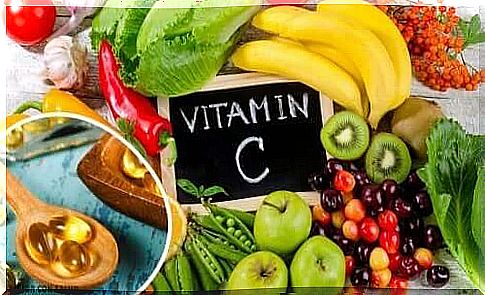
The well-known vitamin C is also a water-soluble vitamin. Its deficiency may cause connective tissue disorders, subcutaneous hemorrhages and difficulties in wound healing.
As you can see, vitamins are essential substances for our good health. We only mentioned the properties of water-soluble vitamins. However, it is still worth remembering about the equally important functions of fat-soluble vitamins.
Be sure to adopt healthy eating habits to meet the recommended nutritional needs. A balanced diet is the most important link in a healthy life.
